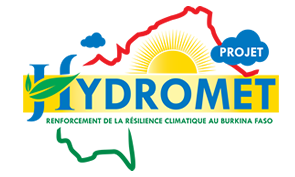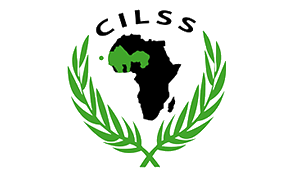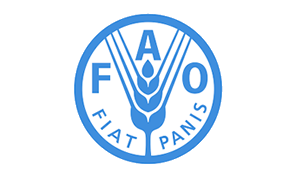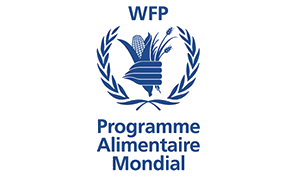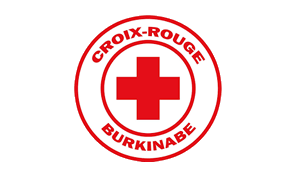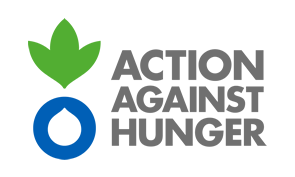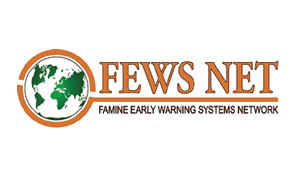Market gardening: analysis of data from the 1998-1999 campaign
33% of the population of sub-Saharan Africa suffers from malnutrition. 200 million people or one third of the total population suffer from hunger in Africa; 31 million children under 5 suffer from malnutrition; 30 million people are in need of emergency food assistance; Africa has become the top recipient of global food aid, and from an exporter of agricultural products it has become a net importer. These more than alarming statistics from the Food and Agriculture Organization (FAO) show that food security, defined as permanent access for all to the foodstuffs necessary to lead a healthy and active life, remains a major challenge for several countries. from sub-Saharan Africa including Burkina Faso.
Like all Sahelian countries, Burkina Faso faces risks of food insecurity every year. And in the face of the successive serious crises of the 1980s, the international community pledged to set up a food security surveillance system. The Burkina Faso DSA uses the cereal balance sheet as in many other Sahelian countries for this purpose. In the Sahelian states, reflection on food security has always focused on the issue of availability of cereals, because these foods occupy a predominant place in the diet of families and occupy 50 to 70% of arable land. This approach is now called into question if we refer to the many requests from CILSS countries (Inter-State Committee for the Fight against Drought in the Sahel), donors and other users who wished to see CILSS disseminate information on food security, adapted to the current context and in line with the concerns of decision-makers, namely the reduction of poverty and the food vulnerability of populations.
The new approach being developed therefore provides for the transition from the cereal balance to the food balance. Indeed, it is now clear that the improvement in cereal availability in many regions has not necessarily translated into an improvement in the food situation of households, and particularly the most vulnerable among them. In rural areas, food insecurity is a complex problem that interweaves much more between agricultural production, the economic, the social and the cultural. As a result, the causes of food insecurity range from insufficient agricultural production, limited food availability, low purchasing power, inaccessibility and the management of available food.
Faced with these new realities of the food issue in the Sahel, it would be inconsistent not to recognize that the Sahel cereal balance sheet in its content has serious shortcomings. For example, it does not take into account agroecological diversity and other potentially edible products such as tubers, fruits and vegetables which nevertheless play an increasingly important role in food and nutritional security; thanks to exchanges and alternative strategies.
It therefore appeared necessary to increase and diversify sources of income and direct consumption towards other products such as tubers, fruits and vegetables which respond better to intensification and whose production cycle can be repeated several times. during this year. Taking these changes into account requires better knowledge of household food savings. Taking all these parameters into account, it becomes imperative to find new assessment tools for the overall food situation that better understand the current issues and that take into account the realities of the populations much more: hence the need to move from the cereal balance sheet. to the food balance sheet.
Therefore, market gardening, including tubers, fruits and vegetables, therefore occupy a prominent place in new policies to combat food insecurity.
